Advice to New Homeschoolers
At some point soon I’ll be sharing some of my plans and the curriculum choices for this next fall. But before I do that, I really wanted to write a post with advice to new homeschoolers. I want to stress how different each and every homeschool family is! So without further ado, here’s some of my thoughts about homeschooling for those who are new to the adventure:
*In many states, you need to file a Notice of Intent to Homeschool. If you’re planning on homeschooling this fall check into your state’s regulations very soon. There may be deadlines coming up (in August).
*My second piece of advice if you’re a new homeschooler is to stop reading this blog and turn off the computer immediately!!! Haha! Just kidding, I’d love for you to sneak a peek at what we do, but what I really meant is that NOBODY knows your child and your family better than you do. That’s why all of us decided to homeschool, right?! Don’t feel like my blog or any other blog out there is the right path for you and your kids.
*If you are brand new to homeschooling, one way to ease into it is to ask your child what he/she would like to learn. Then run to the library and get 10 books on the subject. Do some projects and activities related to that subject. Try to squeeze in a relevant trip; create a lapbook; do something hands-on. Encourage kids to find work they love.
*Ease into homeschooling. We generally start with one or two subjects the first week. Once we get going our days can be long, but my kids rebel if our homeschool starts off with too much at once.
*Get ready to just jump in whether you feel ready or not… whether you are a veteran homeschooler or brand new to the adventure, no amount of planning will truly get you ready! The kids are constantly growing, maturing and changing interests. I’ve found that we are constantly re-evaluating and readjusting the homeschool path. You can read, plan, schedule and have it all laid out in your head, but at some point the journey just has to begin! Invariably we take side-trips and deviations than the path I had envisioned, but that’s okay too!
*Adopt an attitude of excitement and joy in learning. Motivation is often contagious!
*Kids learn a lot of from doing, so focus more on the creative process than the end product.
*Homeschooling often does not look at all like traditional schooling. In our family, we’ve always done 85% of our school work sitting on the carpets on the floor or outside or cuddled up on the couch. The kids do work at desks/tables at times, but that’s definitely not how they spend the majority of their day. Don’t feel like you have to replicate school-at-home, but if that works for you, great!
*Similarly, I don’t really act as a “teacher.” I’m usually right there in the thick of things with the kids. Perhaps “facilitator” is a better description of my role. (Plus, cheerleader, helper, nagger (oops, I shouldn’t say that! But, there are times when I *do* have to… umm… prod… the kids to finish some of their work.)
*Grab a book! Find some Caldecott award winning books to read aloud to the younger crowd or choose a Newbery award winner to read aloud with the older child. It’s lovely to share a story together and these books open up so many doors to discussions about life and learning. Also have them read on their own (sprinkle good books on the dining room table if you can stand the mess!). If you like that style of learning, you might check out Sonlight, which is a homeschool curriculum based on a rich selection of classic books. We add in many (many!) of the books in their curriculum.
*For math it may take a while to find a curriculum that your child likes. In the meantime, you’ll find plenty of free worksheets on your child’s level or you can find workbooks at Amazon or Barnes and Noble.
There are lots of free online sites where you can print off some math-sheets while you find the math curriculum that works for you.
- For example, I used the worksheet generators at soft schools from time to time to create multiplication worksheets. They also have addition, subtraction, division, fractions and more.
- The Teacher’s Corner also has a place where you can make your own custom worksheets. You can use free resources like these before you sink money into a math curriculum that your child may or may not like.
Math curriculums you might want to investigate (in no particular order):
- Singapore Math,
- Right Start Math,
- Math U See,
- Life of Fred,
- Saxon Math,
- Math Mammoth,
- Math on the Level,
- Miquon Math,
- Horizons Math,
- and many more!
There are also web-based math programs to check out.
- Khan Academy Math Videos (free)
- You could also get a subscription to a computer based math curriculum like IXL which has practice problems on any grade level.
- I’ve also heard people that have used the online site, Teaching Textbooks, for math.
- ALEKS Math is also a web-based math curriculum.
If you want to look at non-traditional math resources you might check Games for Math or Family Math out from the library.
*You’ll be learning right along-side your child. You don’t need to “know everything” to teach it.
*Explore deeper issues of ethics, justice, and empathy.
*You’ll never cover everything… not in history, in science, in math… invariably there will be gaps and details you just can’t cover. As long as the kids are excited about learning, though this won’t be a problem? If you haven’t covered mitosis or the progressive era, the kids can learn that later as long as they have the tools they need… excitement, interest, a knowledge of how to find good resources, the ability to concentrate and work hard… these are the skills to foster on the educational journey.
*So along those lines, think about the end of your homeschooling journey, before planning for tomorrow. What do you want your child to come out knowing? What skills do you want your child to have as they step into the adult world? the ability to write? the ability to speak in front of others? a thorough knowledge of A, B or C? Once you think about that, it’s a little easier to fill in the blanks for how you’ll get from here to there.
*Limit Distractions — I find that we need to carve out times for homeschooling. I limit my own computer time to first thing in the morning and then after we’ve finished our homeschooling activities. I don’t answer the phone, unless Hubby starts leaving a message. We limit electronic time to the end of the day. I even have to limit our playdates… and on and on. We also can’t participate in every activity we come across. In our area there are SO many homeschool classes/options (robotics classes, PE classes, art classes, band, science classes etc. etc.) We’ve found boundaries that work well for our family. It’s useful to think those kinds of issues through and find what works for your family.
*Join a couple of yahoo or facebook groups to connect with other homeschoolers. You’ll find all kinds of different homeschool groups — Montessori, Charlotte Mason, the Well Trained Mind, classical, Waldorf, workboxes, unschoolers, kindergarten, high school, living math and on and on. You’ll connect with other homeschoolers who share your same general philosophy or have kids the same ages as yours. These groups have been a wonderful source of inspiration, advice and curriculum ideas for me through the years.
*Some people love and highly recommend attending a homeschool conference. I’ve never been to one, but I thought I should mention that.
*Seek out some local homeschoolers to connect with. We’ve always had a handful of incredibly close homeschool friends, though, and find we’ve done a lot of amazing field trips and outings with them. We haven’t participated in local homeschool co-ops, but many of our friends do and have found them to be supportive communities.
*Go on field trips — visit the museum, park, local nature center, petting farm, historical site, famous landmark… Homeschooling offers you the opportunity to use the world as your classroom, so plan a few trips until you get your feet on the ground (and beyond!!)
*Here is a long list of teaching and homeschooling resources I’ve found helpful over the years.
*This post talks about how we wind up incorporating lots of the different homeschool methods into our homeschool: What Has Surprised You Most About Homeschooling?
*You might enjoy last week’s post: To Homeschool You Need… I find much of the skills I use in homeschooling our kids has to do with the skills we have as parents… Love, Patience… etc.
*You can also come join me at my Homeschool Den Facebook Page. It’s an easy way to glance through the activities we’ve been up to as I keep a running list of the blog-posts there. I’d love to hear from you and am happy to answer any questions you have!
*Have fun and enjoy the homeschooling adventure!!




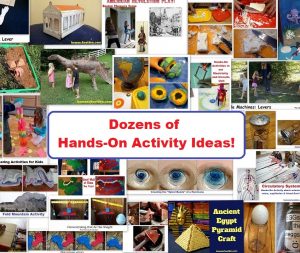



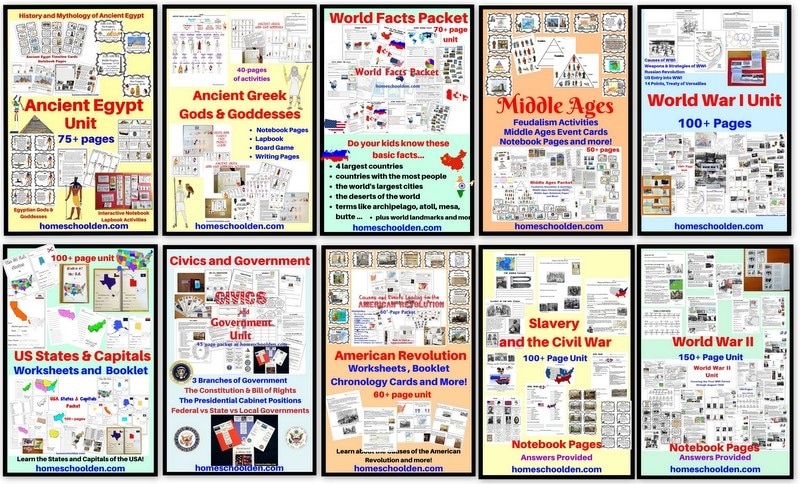
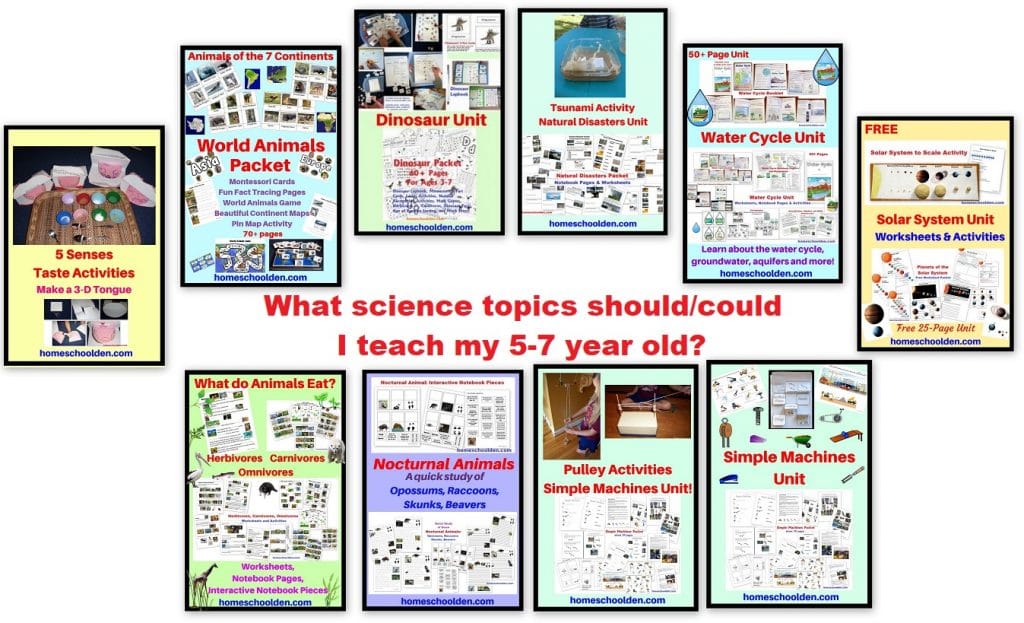

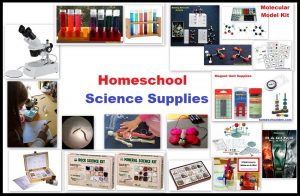
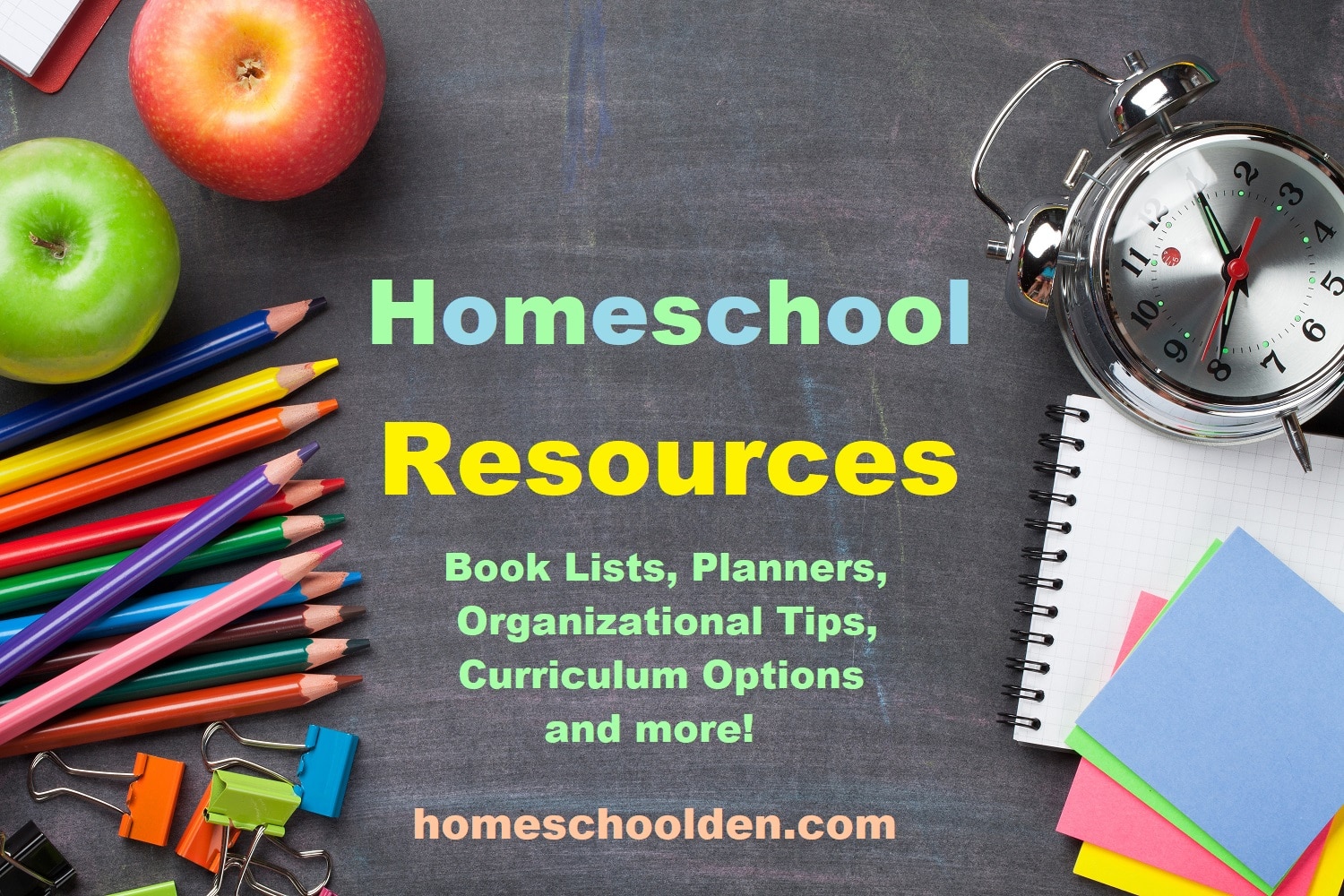



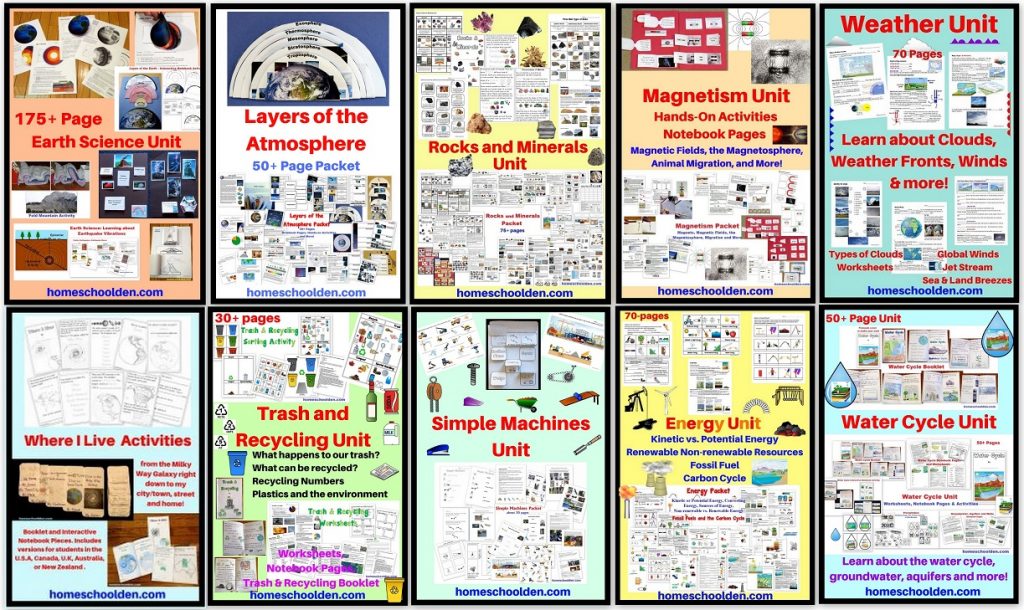

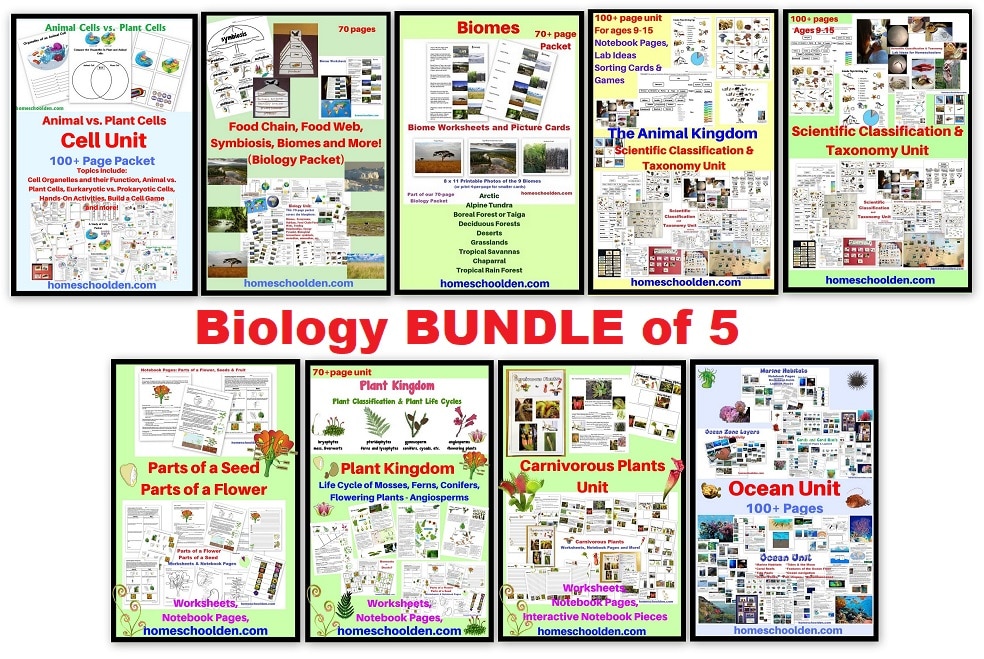
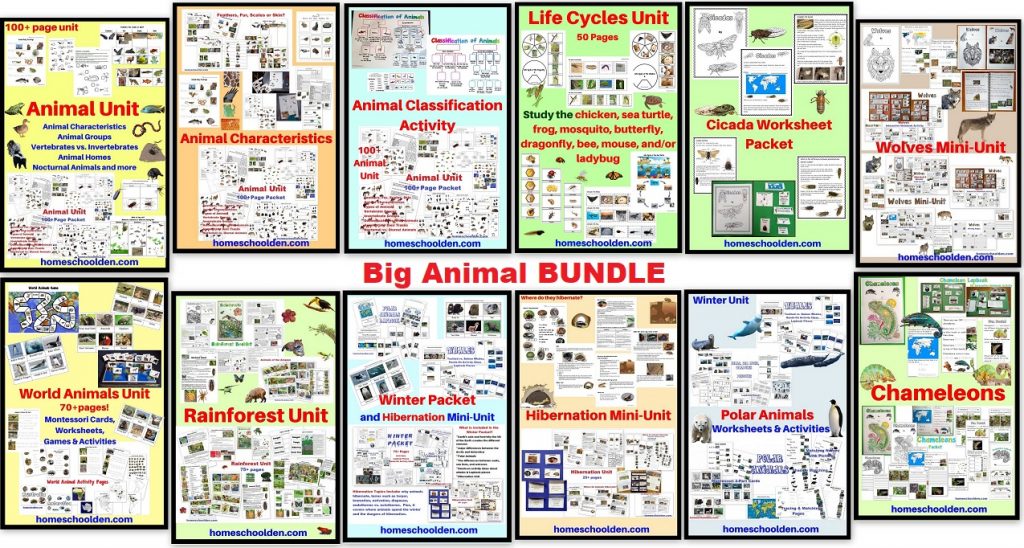




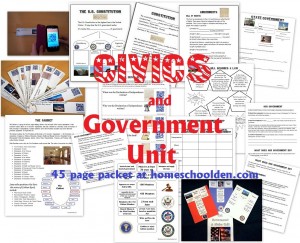
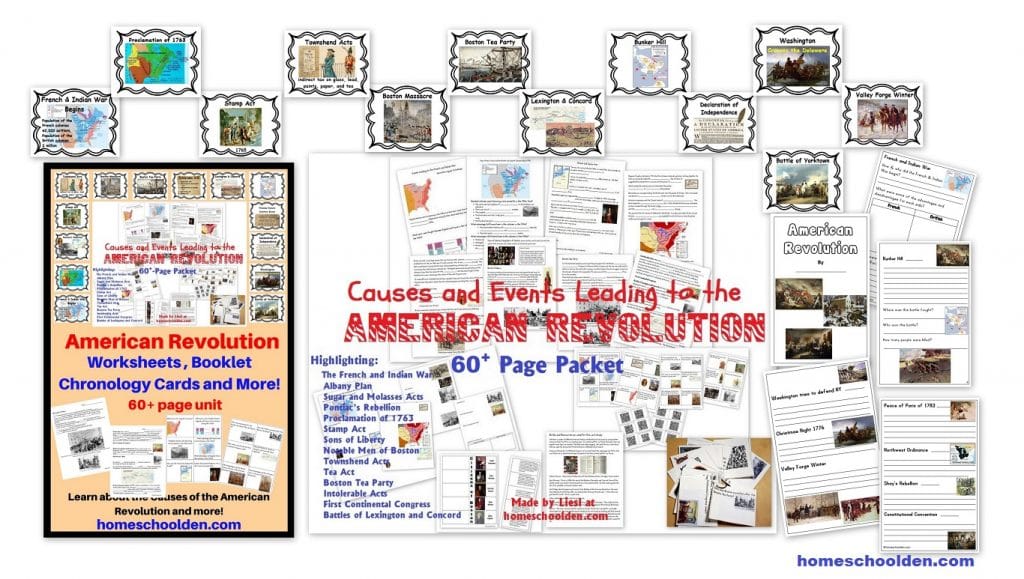








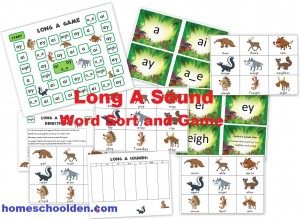
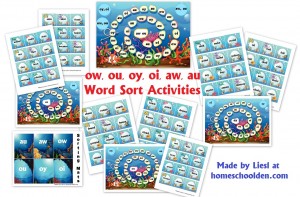

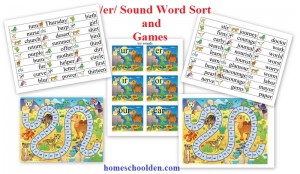
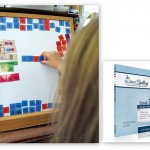

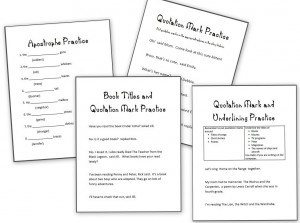

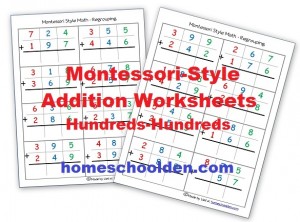
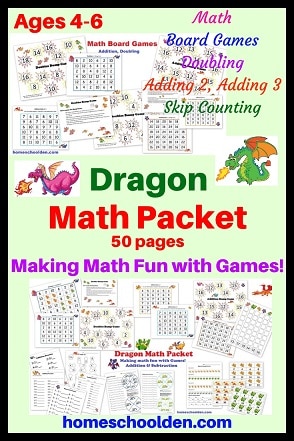
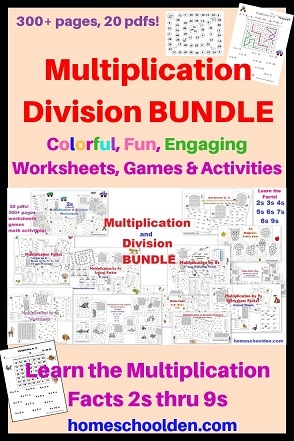
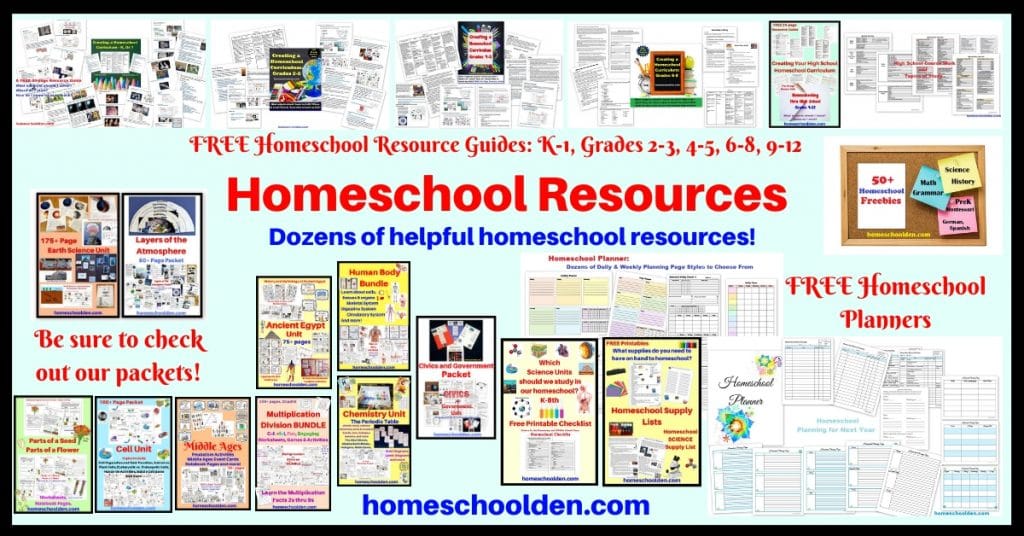
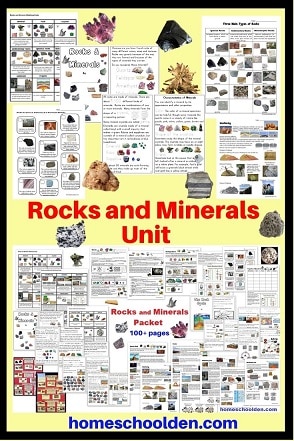


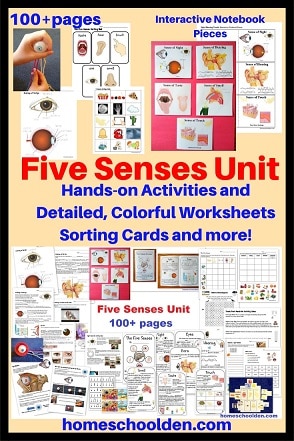
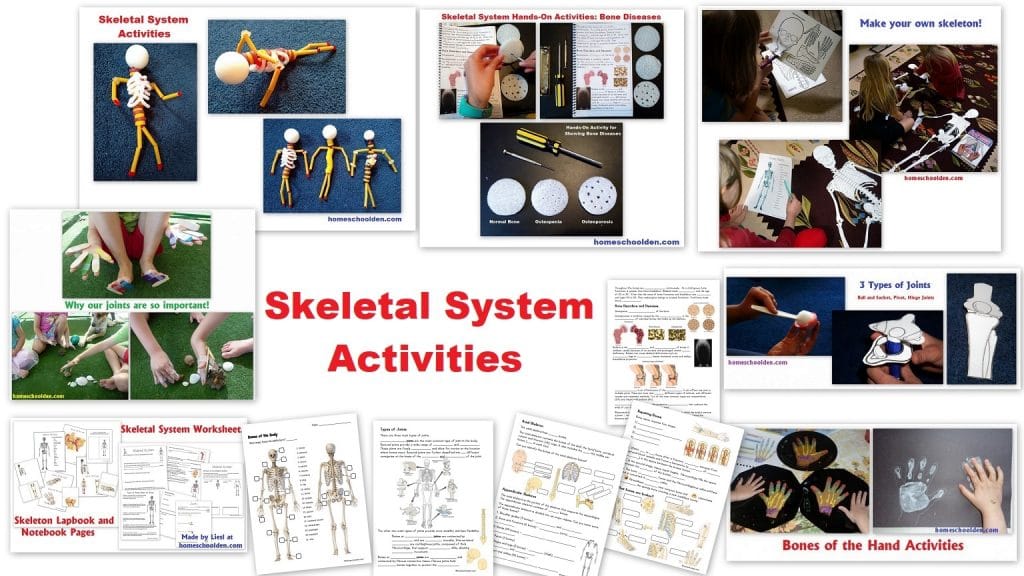
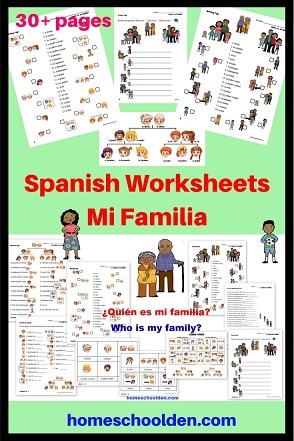

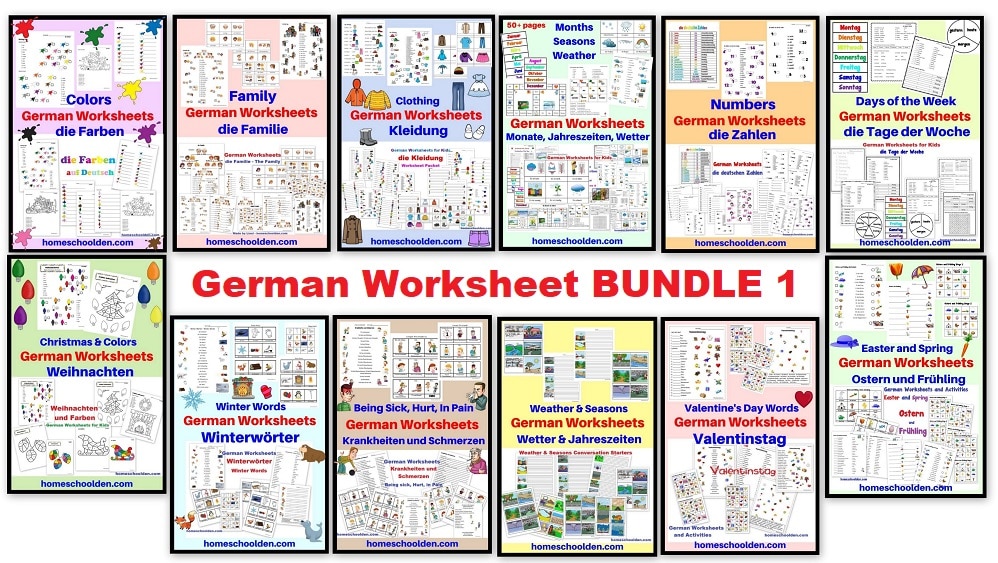
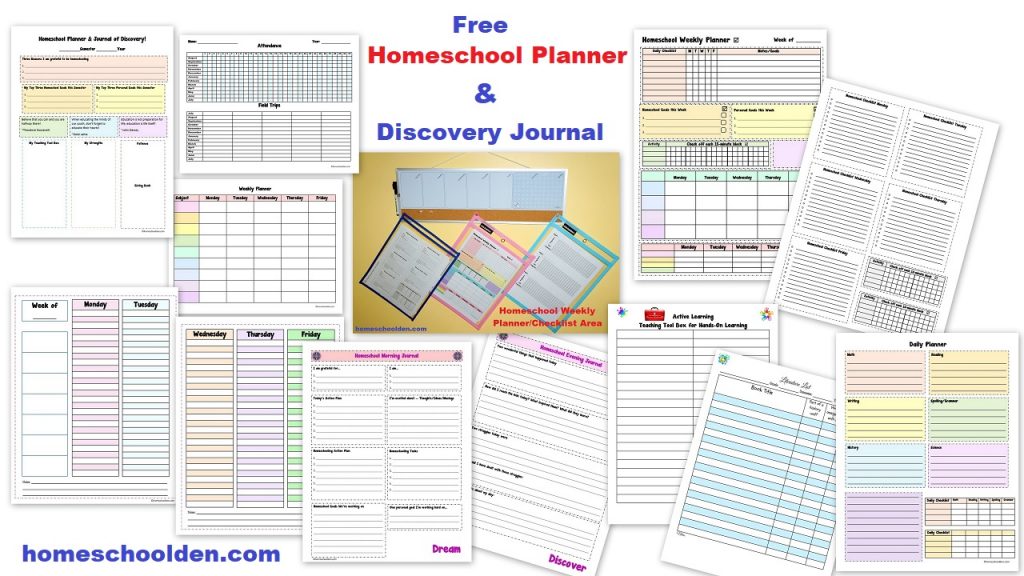
6 Responses
[…] Advice for new homeschoolers (Parents.com) […]
[…] Advice for new homeschoolers (Parents.com) […]
[…] Advice to New Homeschoolers […]
[…] Advice to New Homeschoolers […]
[…] Advice to New Homeschoolers […]
[…] Advice to New Homeschoolers […]